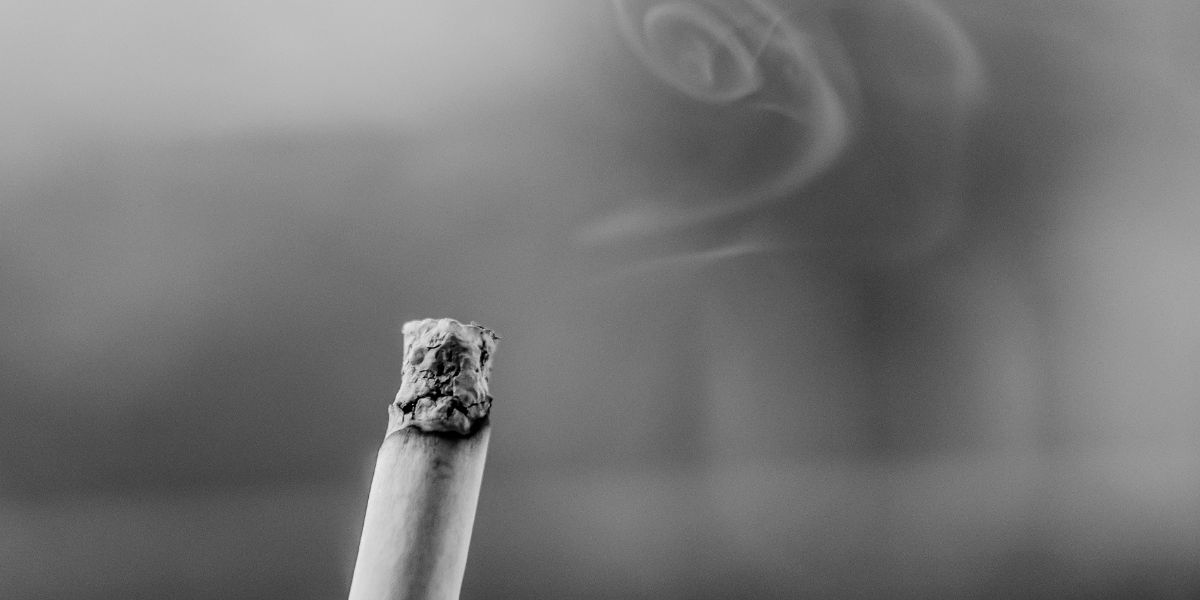Withdrawal symptoms are experienced by the smoker if he/she cuts back or quits smoking due to the lack of nicotine in the body. If you are trying quit and are experiencing withdrawal symptoms, here are some ways you can deal with the withdrawal symptoms:
Irritability and anxiety
In the first few weeks of quitting, you many experience irritability or anxiety. This feeling is normal and what you can do is to avoid or reduce stress. Find ways for you to relax and unwind. Yoga classes or meditation may help. Engaging in sports, writing a diary or reading a book may also be helpful.
Difficulty concentrating
If you are finding it difficult to concentrate because of cravings or strong urges to smoke, relax and take things slowly. Do not over exert or push yourself too much. If you are doing some tasks, do them one step at a time. Listen to your body—if you are tired, take a break and then resume work after a few minutes or so.
Restlessness
Utilize your restlessness by doing some activities that are healthy for your body—sports (swimming, lawn tennis, jogging, etc.), music (playing instruments). Because you have developed the habit of putting a cigarette into your mouth, it will be helpful if you chew gum (sugarless gum) or hard candy, raw vegetables or nuts. This is just to keep your mouth busy and keep your mind away from smoking. Breathing deeply will also help you relax. Also, reduce your intake of caffeine-containing foods and drinks such as coffee, tea or cola because they tend to induce anxiety, insomnia and add to your feelings of restlessness. Instead, drink fresh fruit juices that are rich in vitamins (especially Vitamin C).
Problems falling asleep or frequent waking
Sleep disturbances (trouble falling asleep and staying asleep, nightmares or bad dreams) may be experienced as a result of withdrawal from nicotine. What you can do is to do something that relaxes you before you go to bed like listening to soft music or reading a book.
Craving for tobacco
Your urge to smoke may increase during these times (withdrawal period) and they can last for a few minutes. The moment you have these urges, think of something that can distract you from smoking. Remember, these cravings will last only for a few minutes and as long as you do not give in to these cravings, they will pass and will be less intense and will happen less often the next time.
Tingling sensations, dizziness and headaches
Smoking results in lesser amounts of oxygen in the blood (oxygen is replaced by carbon monoxide in tobacco smoke). Once you stop smoking, the oxygen levels in your blood will slowly go back to normal causing you to feel dizzy and experience tingling sensations in your fingers and toes. Headaches can be caused by lack of sleep (due to disturbed sleeping patterns, stress) and increased oxygen in the blood. If you are feeling dizzy or having a headache, try to do some breathing exercises, get a warm bath or drink a glass of water or warm milk to relax yourself and get rid of the tension.
Coughing, dry mouth, sore throat and nasal drip
Once you stop smoking, your lungs will produce more mucus to get rid of the harmful chemicals that has accumulated through the months or years that you’ve had cigarettes. Coughing is just your body’s way of “cleaning” itself and this is perfectly normal. Drink plenty of water to clear your throat and ease the cough and take vitamins to increase your resistance.
Increased appetite and weight gain
When you have just quit smoking, you may feel hungry more often and have increased appetite. This happens because nicotine reduces appetite and so without (or lesser levels) nicotine in your body, your body will go back to having an appetite again. Eating fresh fruits is a better and healthier way to satisfy these cravings than eating pastries, cakes or chocolate. You can also eat glucose tablets whenever you have cravings for something sweet. To counteract weight gain which results from slower metabolism once you stop smoking, be sure to exercise regularly and maintain a healthy and balanced diet.
Constipation
Nicotine stimulates your digestive system and acts as a laxative. So when you stop smoking, you may experience constipation. What you can do is you can eat foods that are rich in fibre and eat plenty of fruits and vegetables. Prunes and papaya fruits are good for constipation. Also, getting some exercise can help with bowel movement.
Depression
Smoking has antidepressant effects; nicotine in tobacco causes the release of a chemical called dopamine which makes us happy. So, with the lowering levels or absence of nicotine in your body, you may begin to feel depressed after you quit smoking. This is perfectly normal and temporary. To combat this, keep yourself busy and seek support from friends and family. Try out activities that will make you feel good and feel happy like watching a movie (e.g. comedy), going for a walk, taking a swim, reading a good book. Be positive.
If you are experiencing these withdrawal symptoms, do not worry. These are just ways for your body to go back to normal. These symptoms are just temporary and will reduce in intensity and frequency and eventually disappear in a few days or weeks.




